Seeking Resolution, Not Revenge, in Guantanamo Bay
The trial for the five defendants for the 9/11 attacks is still in pre-trial hearings. Elizabeth Miller, whose firefighter father died there, explained the development of her attitudes and actions.
Elizabeth Miller was six years old when her mother, Laurie, sat her and her two younger sisters down in their Port Jervis bedroom and said, “Your dad’s gone to heaven and he’s not coming home.”
New York City firefighter Douglas C. Miller had gone into the South Tower of the World Trade Center building to help with rescues on Tuesday, September 11, 2001, and on Friday, September 14, his wife delivered this news to their daughters. Douglas Miller had conducted fire drills at home to make sure his family could get out, but he had not gotten out himself this time. Miller depicts her father as playful and attentive, providing a photo of him on an elephant with the family at an Airport Park carnival in Matamoras.
“He went to West Point on a lacrosse scholarship, so he was big on manners and being polite at the dinner table,” Miller said. “He took fire drills at home seriously but knew how to make them fun for us, so that if a serious situation ever came, we’d be willing and ready to act.”
After her mother’s revelation of her father’s death, Miller said, “I’m sure I cried, but I still went to my riding lesson. I remember the horse I rode, Petey, what he looked like.”
Miller says her direction was guided by her mother.
“My mom would say, ‘Go do something positive.’ Her attitude was that we have our lives to live. She covered a wall with photos of my father, but she never said, ‘I hate those people.’ I eavesdropped on conversations she had with my grandparents about not hating anyone, just figuring out how to remember my father.”
Miller never found out what happened to him after he entered the South Tower.
“To this day, the Miller girls hope he hit his head and is wandering around somewhere,” she said. “On his birthday we attach messages for him to a balloon.”
Miller’s mother also shaped how she responded to violence. Miller recalled a school bus incident.
“A boy on the bus cursed, and I said, ‘Don’t do that in front of my sister.’ Then he punched me in the stomach. But for my mother, there’s no room for hate, only love and acceptance. She had me invite the boy to the house for a visit. We turn into our mothers whether we like it or not,” Miller laughed.
As for the boy, she said, “He did come over. We played in the front yard on Holbrook Street. I don’t remember what we did, but I was never punched by him again.”
However, not until sixth grade did she realize that 9/11 had been a catastrophic event with international ramifications that resulted in war. She also became aware of the suspicion and judgement of Arabs that resulted from the event, but her mother discouraged such attitudes.
“My mother said, ‘Treat everyone with kindness and respect.’ At the airport I didn’t fear men wearing turbans. I’ve never hated anyone, even people who said horrible things about me,” Miller said, including critics of her opposition to the death penalty for those found guilty of perpetrating the 9/11 attacks.
Education and Advocacy
While in sixth grade, Miller wrote a letter to then President George Bush, asking him to bring troops home from the “War on Terror,” so other children wouldn’t have to lose parents. She received no response, so she wrote again, asking for a response this time, but none came.
Later Miller studied the cultures from which the 9/11 perpetrators emerged. In high school she focused on history. Then she majored in history and Arabic as an undergraduate at Bloomburg University of Pennsylvania and completed an M.A. in Arabic Studies at the Graduate Center of the City University of New York.
“The message was that a few, not many did this,” she said of the 9/11 attacks. “I always followed at a surface level what went on at Guantanamo Bay,” in Cuba, where those accused of the attacks were held. “I didn’t look in depth until 2018, in graduate school, when I studied Bin Laden’s radicalization and learned about human rights abuses at Guantanamo Bay.”
When she took a course on prison literature, she encountered “Guantánamo Diary,” by Mohamedou Ould Slahi, published in 2015. He describes his 14 years in Guantanamo Bay, detained without charges and tortured, after being accused of financial support for Al Qaeda. He was released when no concrete evidence was found to support the accusations.
“Reading about the torture of someone not guilty made me uncomfortable,” Miller said. “I felt awful that torture was done so 9/11 wouldn’t happen again. I reached him through his editor. It wasn’t my job to apologize, but I said I was sorry and found we have similar attitudes. We talked about shared trauma and forgiveness.”
They check in with each other periodically via What’s App, Miller said. He is not allowed in the U.S.
Slahi, now in his fifties, lives in Amsterdam and does public speaking about Guantanamo Bay, Miller said. Meanwhile, she has been the research coordinator for the 9/11 Memorial & Museum at Ground Zero in lower Manhattan.
Visits to Guantanamo Bay
In 2020, Miller’s mother received an invitation from the U.S. Department of Defense to watch pre-trial hearings at Guantanamo Bay for the five defendants accused of plotting the 9/11 attacks. They have been in pre-trial hearings for over a decade.
“I wanted to be sure I’d have a chance to speak to the defense lawyers and prosecutors,” said Miller.
A lawyer directed her to defense victim outreach, which led her to 9/11 Families for Peaceful Tomorrows, a group who, like Miller, wants a nonviolent resolution to the trial. Miller advocates for guilty pleas, as she wrote to President Joe Biden in May of 2023, in a letter that was read on the Senate floor by Illinois Senator Richard Durbin (The entire letter is copied below this article):
“We believe plea deals will finally provide answers we have sought for more than two decades because they would include admissions of responsibility and stipulations of fact from each defendant, and the requirement that the defendants answer family members’ questions. Perhaps more importantly, plea deals would bring us finality: an end to the legal limbo with which we have lived our entire lives.”
Miller received only a form letter response to her letter.
“Family members are conflicted,” she said. “Some want the death penalty. Some want a plea deal that would require the defendants to reveal who, what, when, where, why the 9/11 attacks happened. A capital trial would be appealed and go on for years. I don’t know what the majority want. It’s disheartening. Most people don’t know they’re still in pre-trial hearings after 11 years."
Miller joined 9/11 Families for Peaceful Tomorrows and is now their project director. They are the only 9/11 family group with non-governmental organization (NGO) status to go to Guantanamo Bay, she noted.
“I went twice as an NGO observer,” Miller said. “I wanted to go for research, not as a family member. I wanted a more detached experience. It’s crucial for non-government observers to bear witness to the pre-trial hearings. This is a part of our history that impacted all American people.”
She went for a week in 2021 on Sept. 12., taking a three and a half hour flight to get there.
“It was very warm. It was a different world. The assumption was that I would spend 9 a.m. to 5 p.m. in the courtroom. I spent two and a half days there behind plexiglas listening [to the pre-trial proceedings] with a 30-second delay in case classified information came up. It’s a lot to be close to the defendants. They’re made out to be monsters, but they just look like men.”
Her feelings were divided.
“It was difficult to sit there. I was sad about my father, but I’m against torture and human rights abuses. When the men were tortured, the chance for justice was taken away,” she said.
She noted the evidence for that in the recent determination that one defendant, Ramzi bin al-Shibh, has been found mentally incompetent to stand trial after years of torture by the CIA. Lawyers for the other four suspects also allege mental and physical injuries from CIA treatment.
Carol Rosenberg, New York Times reporter, wrote, “Among other things, the defendants want assurances as part of the plea deal that the prison will establish a civilian-run trauma care program for them. According to their lawyers, at least four of the defendants have sleep disorders, brain injuries, gastrointestinal damage or other health problems they attribute to the agency’s brutal interrogation methods during their three to four years in C.I.A. custody before their transfer to Guantánamo Bay in 2006.”
“Torture made true justice impossible,” Miller said.
In Guantamo Bay, she had much unscheduled time, when she sometimes swam in the ocean, a disturbing experience, she said.
“My friend was blindfolded and taken out on a boat where he expected to be executed. He was tortured and made to drink salt water. He thought he would die,” said Miller.
She is now project director for the nonprofit, 9/11 Families for a Peaceful Tomorrow, which involves people around the U.S. and internationally who lost family members in 9/11 and, like Miller, see a plea deal rather than a capital trial as the best way to “finality” and facts about what happened. With life sentences instead of the death penalty for those convicted, families of those lost would be able to talk to the men convicted and possibly make peace with what had happened, she said.
“The plea deal would bring a stipulation of facts,” Miller said. “I don’t have relationships with other 9/11 family members. They’re conflicted. Some want the death penalty. Some want a plea deal. I don’t know what the majority want. You can have whatever opinion you want. I focus on my advocacy.”
For now, trips to Guantanamo Bay are “on hold,” she said, as she focuses on Port Jervis, where she is on the Common Council and running for mayor.
*******
Letter to President Joe Biden from Elizabeth Miller and several 9/11 victims’ families:
May 23, 2023
Dear President Biden,
We are the children of 9/11. We were young, some of us just infants, some unborn, when our parents and grandparents were killed on September 11, 2001. We have lived the majority of our lives without those loved ones. We have grown up hearing promise after promise from our government that the people most responsible for 9/11 would be brought to justice through a fair and public trial, and convictions, and every one of those promises has been broken. We do not want your administration to fail us, too.
As we came of age, we learned about the opening of the detention facilities at Guantanamo, indefinite detention, the CIA black sites, and torture. These actions were supposedly carried out on our behalf but ultimately without any benefit to us. Most significantly, we learned of the U.S. government’s decision to forego trials in federal court and prosecute the five men allegedly responsible for the deaths of our parents and grandparents in an offshore military commission at Guantanamo. It has been more than ten years since the five men accused of planning and supporting the 9/11 attacks were charged in a military commission, but we are no closer to an actual trial today than we were 10 years ago.
Some of us have traveled to Guantanamo to bear witness to the pre-trial hearings in the 9/11 case. But over time it grew clear that the proceedings in the courtroom were a source of endless frustration. We were learning nothing about how and why the attacks were carried out, or who was responsible for exactly what. It seemed hopeless.
When, in March of last year, the 9/11 prosecution team initiated negotiations to obtain guilty pleas from the defendants, we saw it as a breakthrough. We believe plea deals will finally provide answers we have sought for more than two decades because they would include admissions of responsibility and stipulations of fact from each defendant, and the requirement that the defendants answer family members’ questions.Perhaps more importantly, plea deals would bring us finality: an end to the legal limbo with which we have lived our entire lives.
But after more than a year, plea negotiations have stalled because an “inter-agency review” of so-called “policy principles” that will dictate the terms of any deals appears to have gone nowhere. In fact, at a recent meeting with victim family members, the 9/11 prosecution team said that they planned to return to pre-trial litigation because senior administration officials have not addressed the “policy principles.”
The thought of going back to endless courtroom proceedings, when more than 10 years of litigation did not lead to a trial, is painful. It is unfathomable to us, Mr. President, that you would allow one group of government officials to raise our hopes that this excruciating process might finally come to an end, only to have another group of government officials crush our hopes in the most disrespectful way—by ignoring what they were asked to do.
Mr. President, how much longer do we have to wait? We all paid a terrible price when we were so young, and we live every day missing some of the most special members of our families. It feels as if rectifying these failures to achieve justice, to honor the rule of law, and to respect human rights has now fallen on us. Some of us are increasingly afraid that this burden could pass to our children. Only you can make sure that it does not.
Mr. President, you were not responsible for opening Guantanamo, for authorizing torture, or for creating the failed military commission system. But you can put an end to all of it. We want whatever justice can still be had for the parents and grandparents we lost, and it is clear that a plea agreement is the only way. We are imploring you not to let the process drag on any longer.
Sincerely,
Elizabeth L. Miller, Rachel Becker, Katherine Miller, Port Jervis, NY, daughters of FDNY firefighter Douglas C. Miller Alexander M. Filipov, Concord, MA, and Sophia Elizabeth and Benjamin Max Alexander Filipov, Hamilton, MA, grandchildren of Alexander Milan Filipov Cait Hynes, New York, NY, daughter of FDNY firefighter Walter G. Hynes Olin and Magnus Morrissey, San Francisco, CA, and Robert Silas and Sasha Ruth, Rochester, NY, grandchildren of Robert G. LeBlanc Leila and Jessica Murphy, New York, NY, daughters of Brian Murphy Aidan Salamone, Brooklyn, NY, son of John Patrick Salamone
Community focused news can only succeed with community support. Please consider the various subscription levels.

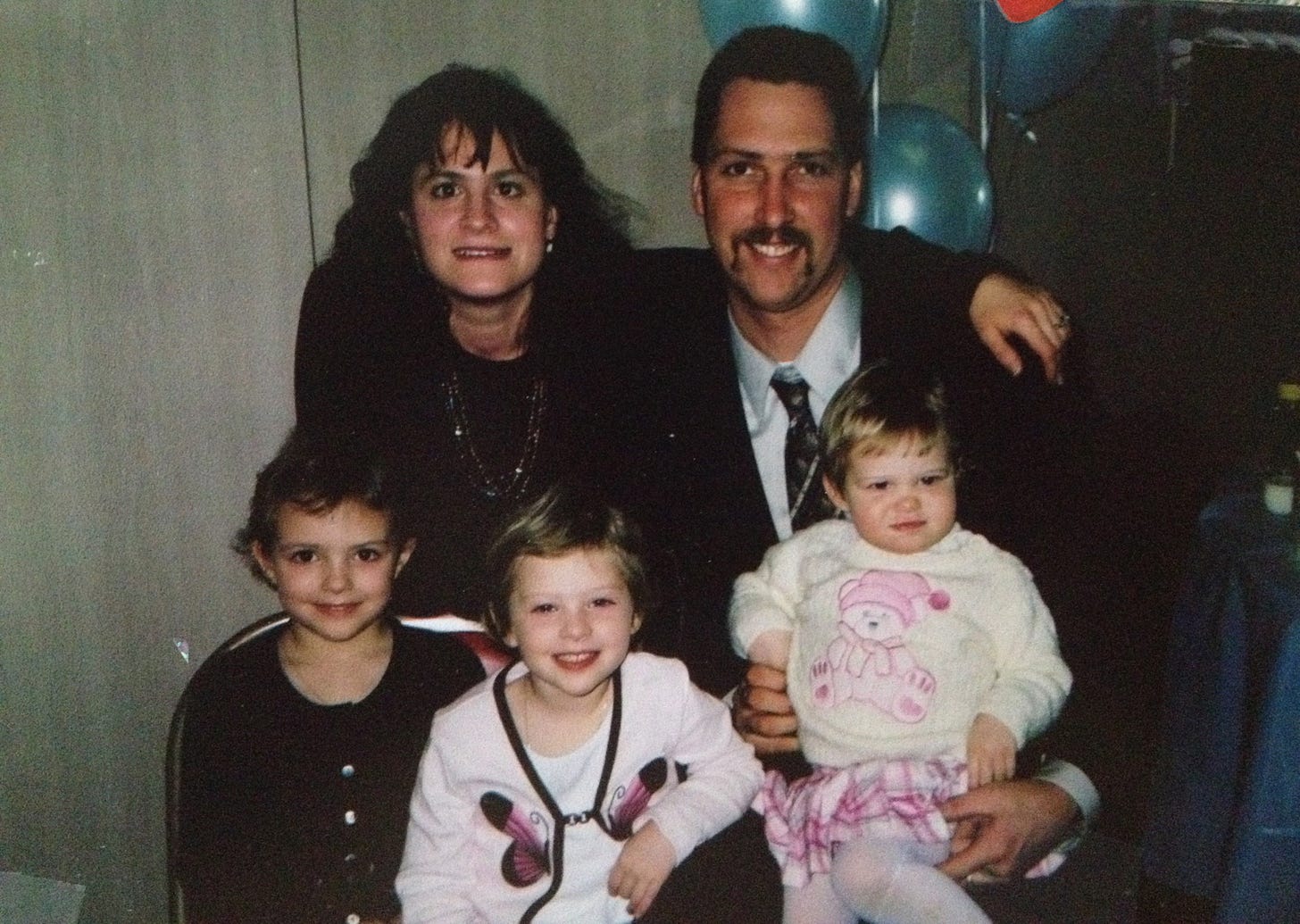
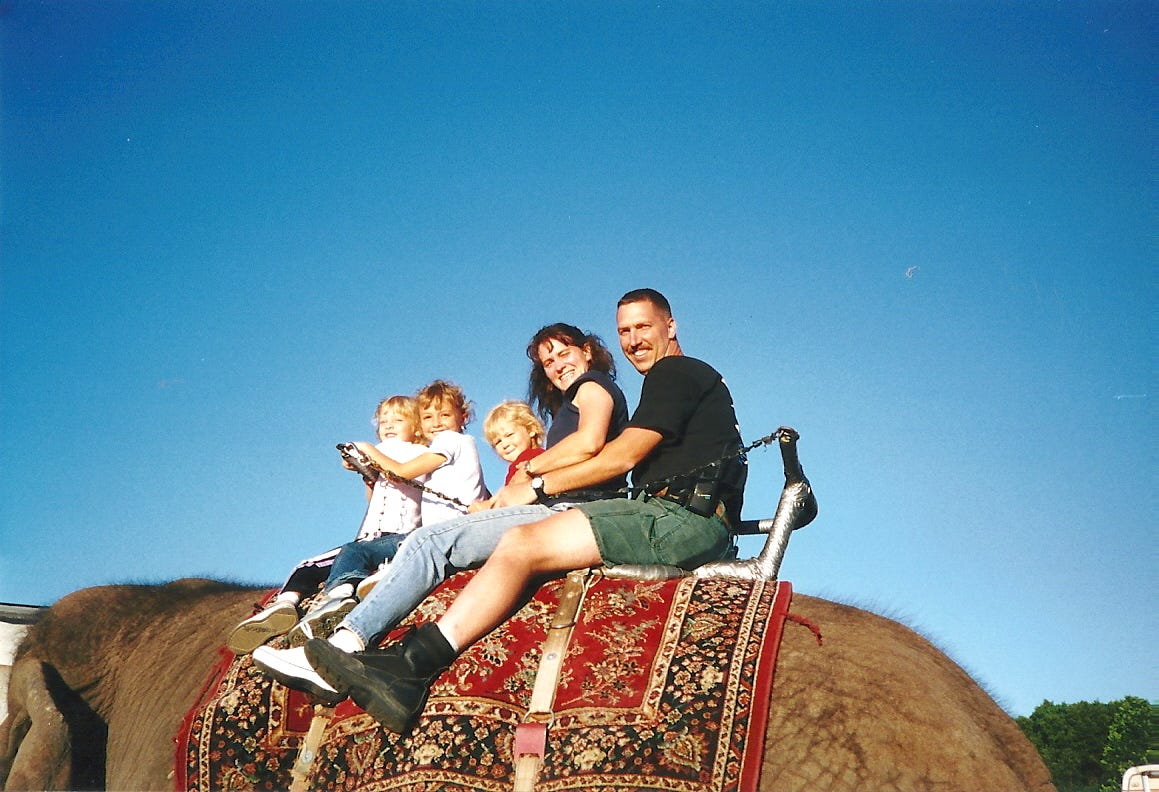
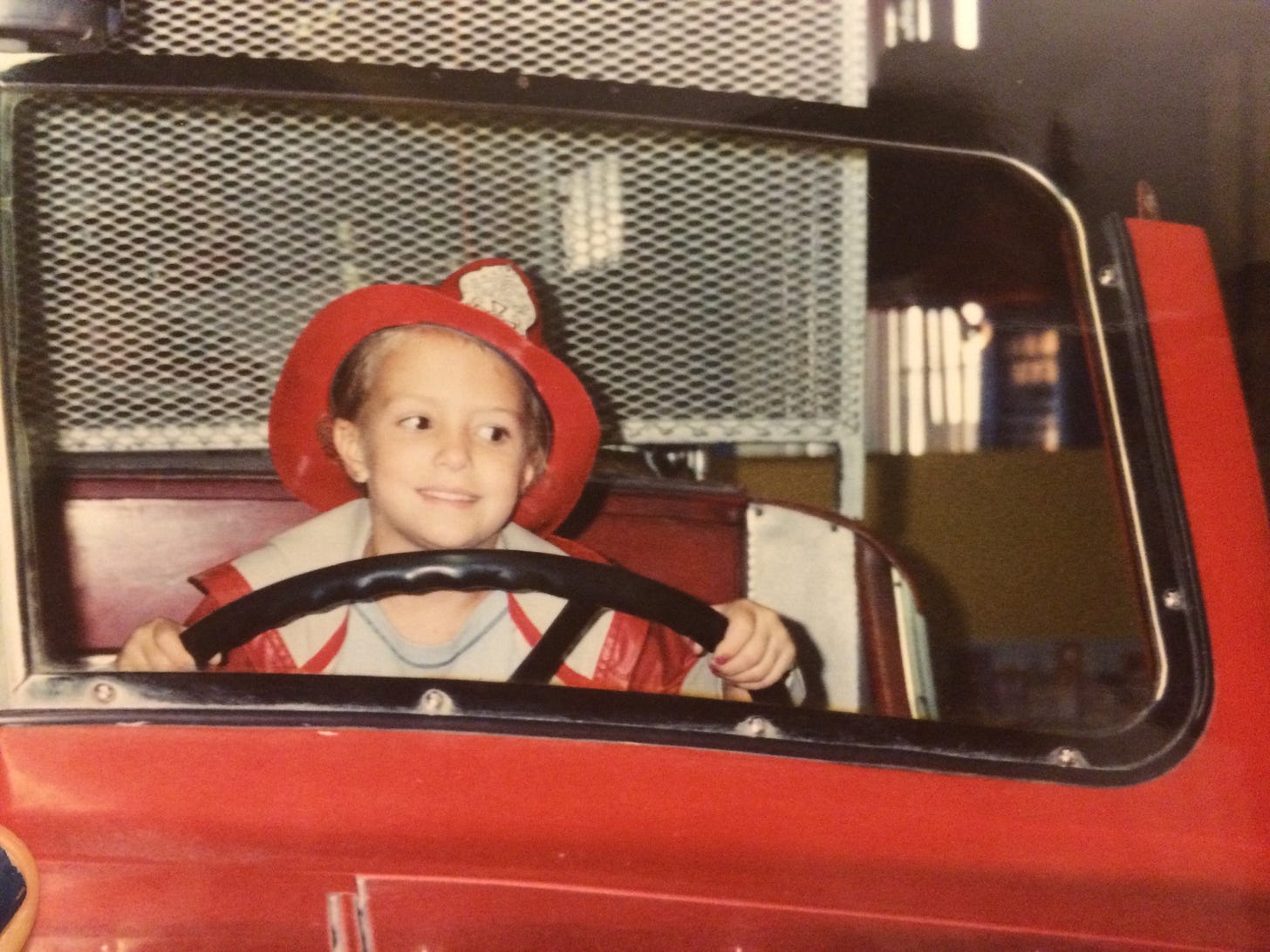
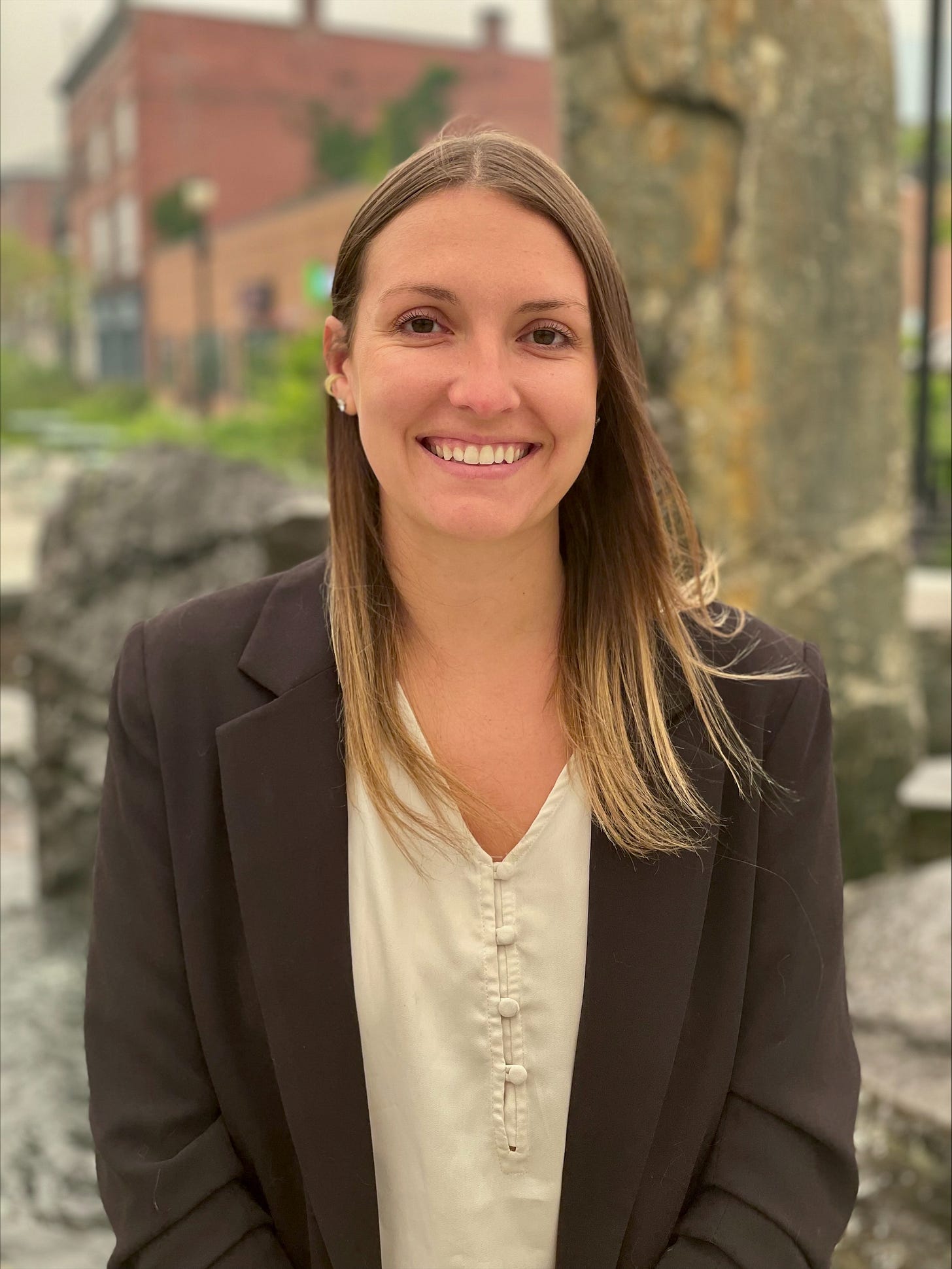
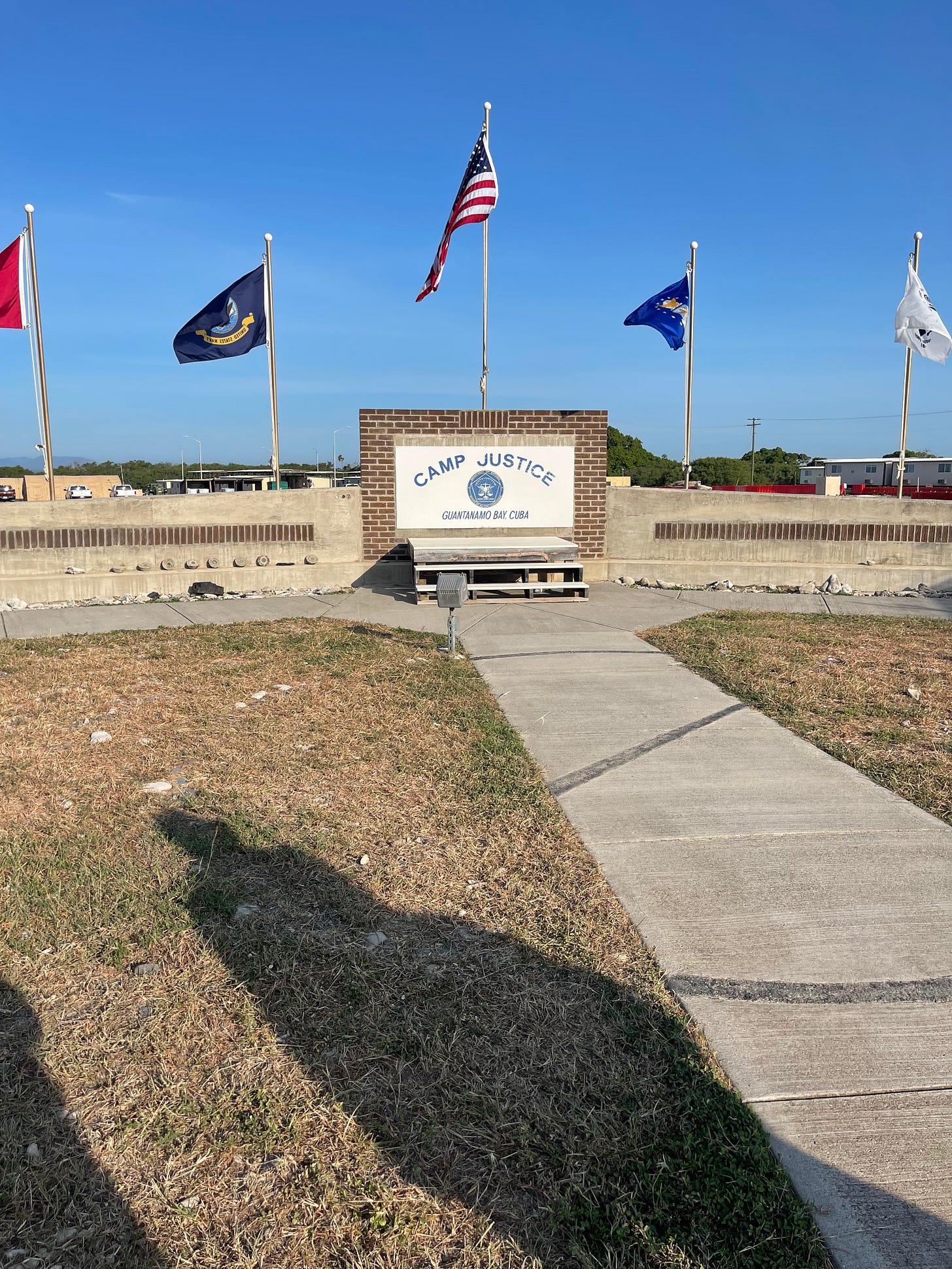
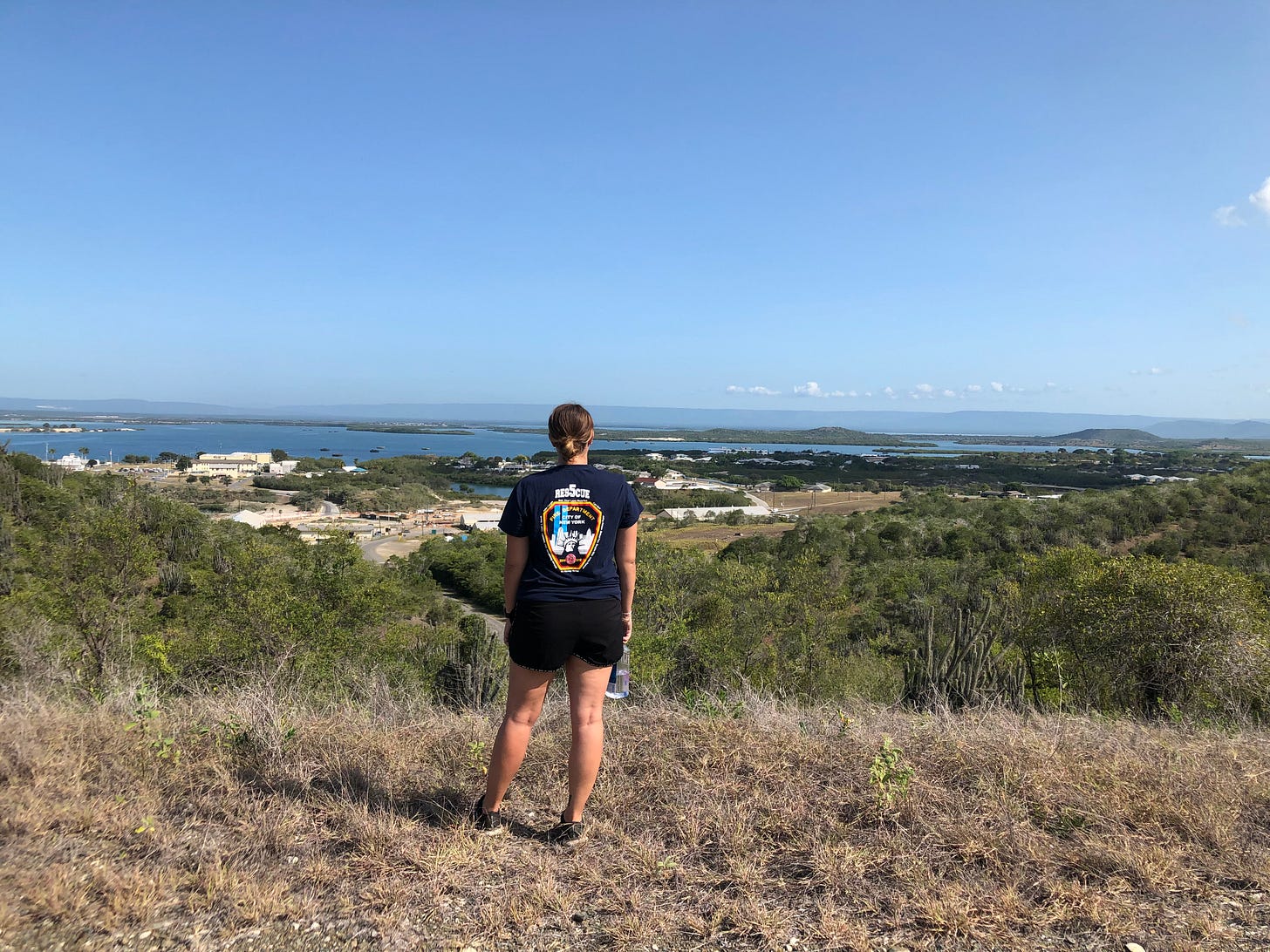
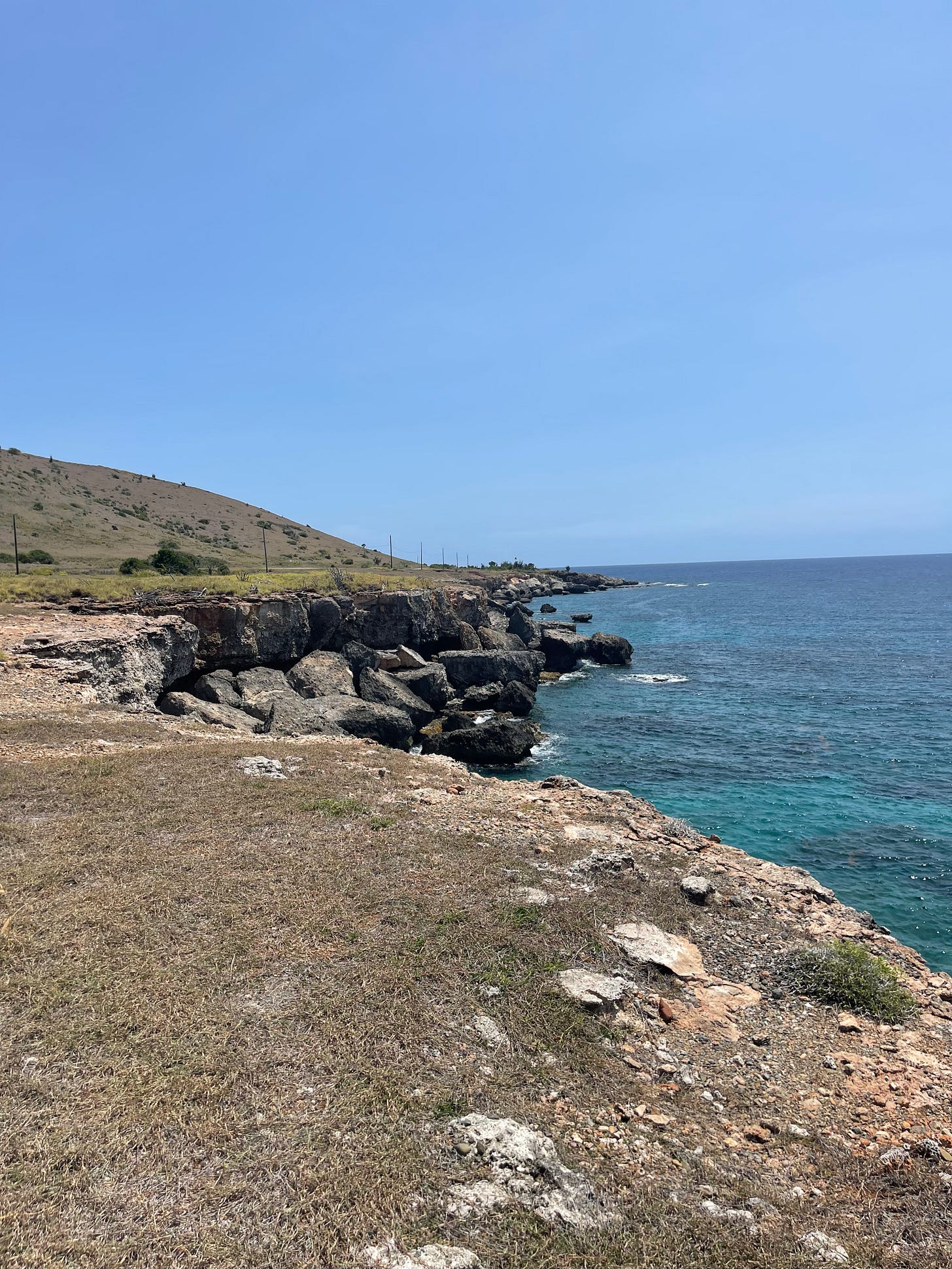
Thank you so much for this informative article. Guantanamo Bay remains a blot on our nation's honor. There are many ideas about what should be done, but it's good that some of the families directly impacted by 9/11 are taking such an active role in resolving this issue.